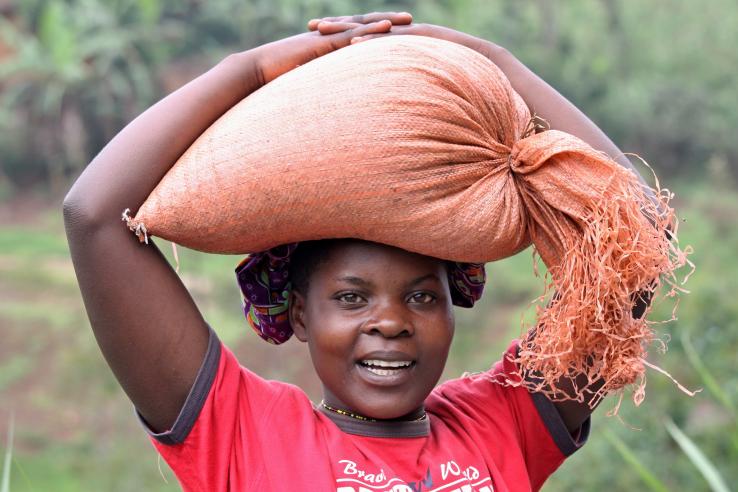Displaying 1006 - 1020 of 7893
Evaluation
Researchers evaluated the impact impact of both general exposure to mass media and an intensive family planning campaign on contraception. Increasing exposure to general mass media reduced contraception use in this context. However, a high-quality family planning radio campaign offset the negative effect of general mass media and increased contraception use, lowered births and misperceptions about contraception, and increased reported welfare.
Evaluation
Researchers are partnering with the mayor of Carrefour, Haiti to evaluate the impact of increased provision of public goods, tax collection efforts, and public exposure of tax compliance on measures of citizen engagement like taxes, voting, and community participation.
Blog
Does universal basic income (UBI) help vulnerable populations respond to large-shocks, such as COVID-19? J-PAL affiliated researchers recently followed up on a 2017 study to assess the program's impact.
Evaluation
A key challenge to achieving universal health coverage is that non-poor informal workers are difficult to enroll and retain in government health insurance programs. Researchers conducted a randomized evaluation to test the impact of various programs, including subsidies, registration assistance and information campaigns on the enrollment and retention of non-poor informal workers in Indonesia’s national health insurance program. Registration assistance and subsidies both increased household enrollment, but overall enrollment rates remained low.
Evaluation
In Rwanda, researchers conducted a randomized evaluation to compare the impact of Huguka Dukore, a youth employment and training program, to that of cash grants of an equivalent value on several economic outcomes. Huguka Dukore improved hours worked, assets, savings, and subjective well-being, while cost-equivalent cash transfers increased all these outcomes as well as consumption, income, and wealth.
Research resource
This page compiles links to resources on software, user-written commands for randomized evaluations, coding in teams, and writing reproducible code. User-written commands listed below include common checks for randomized evaluations and faster versions of frequently used commands in Stata and R.






